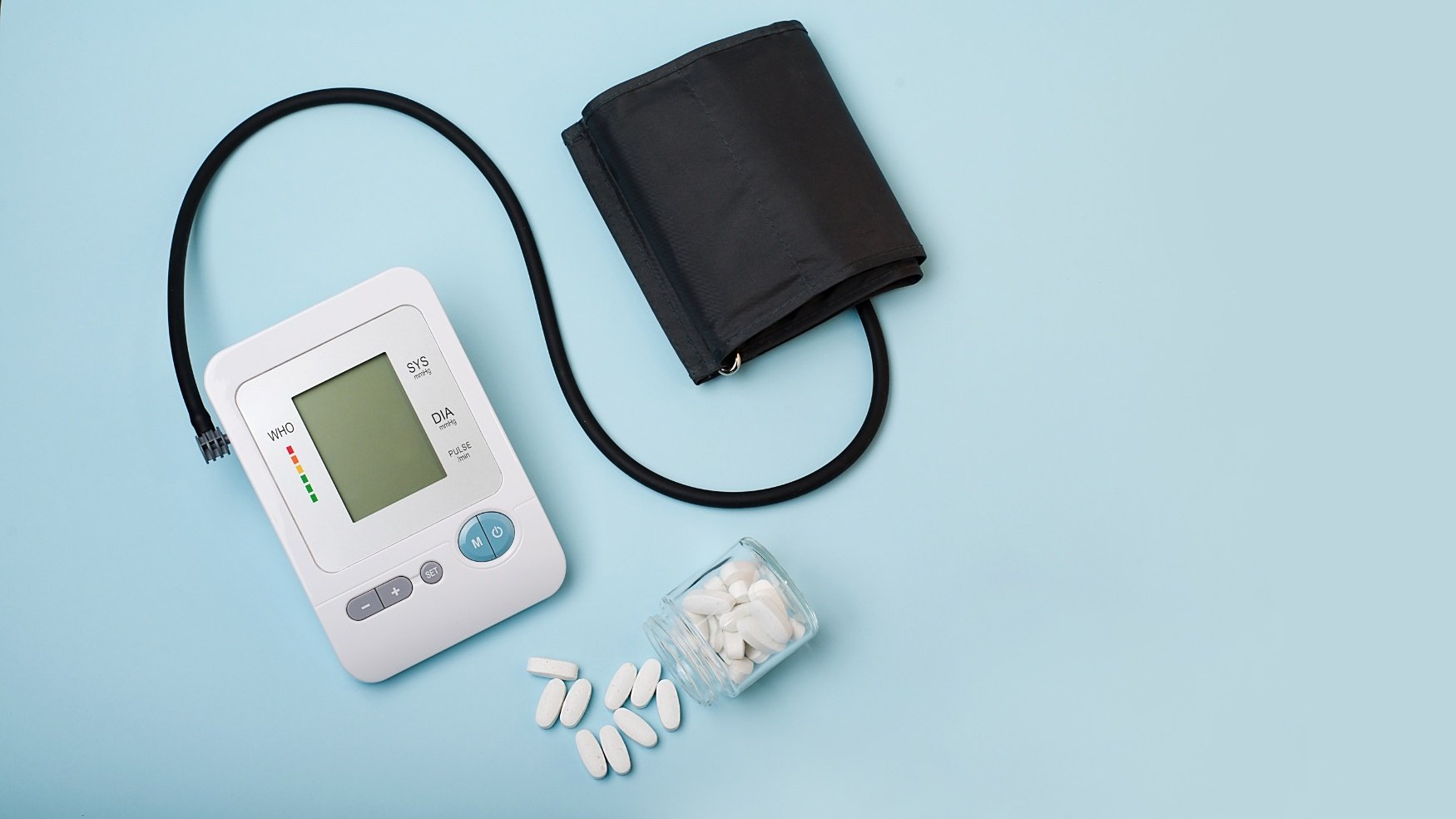
Sep 30, 2025
Blog pharmaceuticals Infectious Disease Treatment Market Set for Strong Growth Through 2030
Infectious diseases have shaped human history from the Black Death to COVID-19 and continue to be a significant global health challenge today. But the fight against these diseases is evolving rapidly. Thanks to modern medicine, innovative therapies, and international cooperation, we’re treating infections more effectively and anticipating and preparing for future outbreaks.
The global market for infectious disease treatments is expanding steadily. Driven by increased healthcare spending, emerging disease threats, and advances in biotechnology, the market is entering a new era marked by precision, prevention, and faster response.

According to market research, the global market for infectious disease treatments is expected to grow from $72.5 billion in 2025 to $101 billion by the end of 2030, at a compound annual growth rate (CAGR) of 6.9% from 2025 to 2030.
Even with vaccines and preventive measures, infectious diseases remain a serious public health issue. The World Health Organization (WHO) states that infectious diseases account for over 25% of global deaths. Diseases like HIV/AIDS, hepatitis, tuberculosis, malaria, and influenza continue to affect millions of people annually, particularly in low- and middle-income countries.
The COVID-19 pandemic also revealed how fast an infectious disease can spread globally, overwhelming healthcare systems and triggering a race for treatments, diagnostics, and vaccines. As a result, governments, pharmaceutical companies, and health organizations are investing more in developing and stockpiling effective treatments.
The global market for infectious disease treatments includes antiviral, antibacterial, antifungal, and antiparasitic therapies. It encompasses prescription drugs, biologics, and emerging modalities like monoclonal antibodies, RNA-based therapies, and phage therapy.
The market’s growth is supported by:
Regions like North America and Europe lead the market in innovation and regulatory frameworks. Meanwhile, Asia-Pacific, Latin America, and Africa are seeing rapid demand growth due to higher disease burden and expanding healthcare access.
The market is broadly segmented based on disease type, drug class, treatment approach, and geography.
The global market for infectious disease treatments is expected to grow from $72.5 billion in 2025 and is projected to reach $101 billion by the end of 2030, at a compound annual growth rate (CAGR) of 6.9% during the forecast period of 2025 to 2030.
Several trends are reshaping the future of infectious disease treatment:
Drug resistance is reducing the effectiveness of standard treatments, leading to more extended hospital stays and higher mortality. This has sparked urgent calls for new antibiotics, alternative therapies, and global stewardship programs.
COVID-19 highlighted the need for rapid-response drug platforms. Governments are now funding clinical trial networks, stockpiling essential medicines, and promoting collaboration between pharma companies and public health institutions.
The shift from “one-size-fits-all” antibiotics to targeted antivirals and immunotherapies is gaining ground. Technologies like CRISPR, RNA sequencing, and AI-driven drug discovery play a key role in identifying new targets and speeding up development.
Efforts from global health organizations (e.g., WHO, Gates Foundation, GAVI) are helping improve access to infectious disease drugs in underserved regions. Local manufacturing, tiered pricing, and public-private partnerships are helping make treatment more affordable and accessible.
Infectious diseases aren’t disappearing, but our ability to detect, treat, and contain them is evolving rapidly. The global infectious disease treatment market is not only growing, it’s adapting. With advanced therapies, rising global awareness, and cross-sector collaboration, the future of infectious disease care is moving toward faster action, better outcomes, and broader access.
As science gets smarter and technology more powerful, the battle against infectious diseases is no longer about fighting symptoms; it’s about winning the war before it even begins.
Learn More and Take Action:
Consider becoming a member of the BCC Research Library and gain access to our full catalog of market research reports in your industry. Not seeing what you are looking for? We offer custom solutions too, including our new product line: Custom Intelligence Services.
Contact us today to find out more.

Sandeep is a Senior Executive in Marketing Operations at BCC Research, proficiently serving as a graphic designer and content creative specialist. His expertise extends to AutoCAD and Revit, and he has made valuable contributions to the event industry with his design skills.

The treatment of brain tumors remains one of the most complex challenges in mode...

The Global Oncology Biosimilars Market is rapidly evolving as cancer care shifts...

The field of gene and cell therapy is one of the fastest-growing areas in biotec...

We are your trusted research partner, providing actionable insights and custom consulting across life sciences, advanced materials, and technology. Allow BCC Research to nurture your smartest business decisions today, tomorrow, and beyond.
Contact UsBCC Research provides objective, unbiased measurement and assessment of market opportunities with detailed market research reports. Our experienced industry analysts assess growth opportunities, market sizing, technologies, applications, supply chains and companies with the singular goal of helping you make informed business decisions, free of noise and hype.